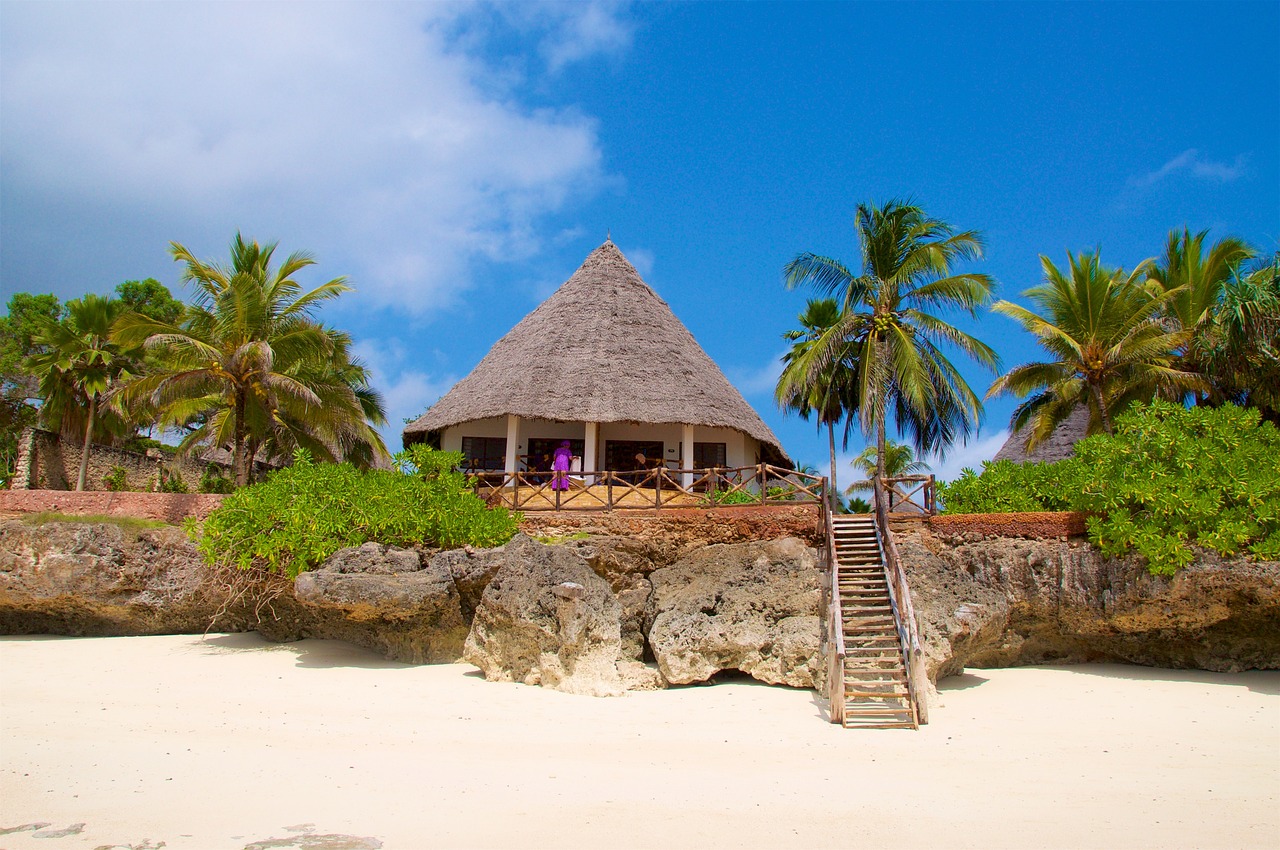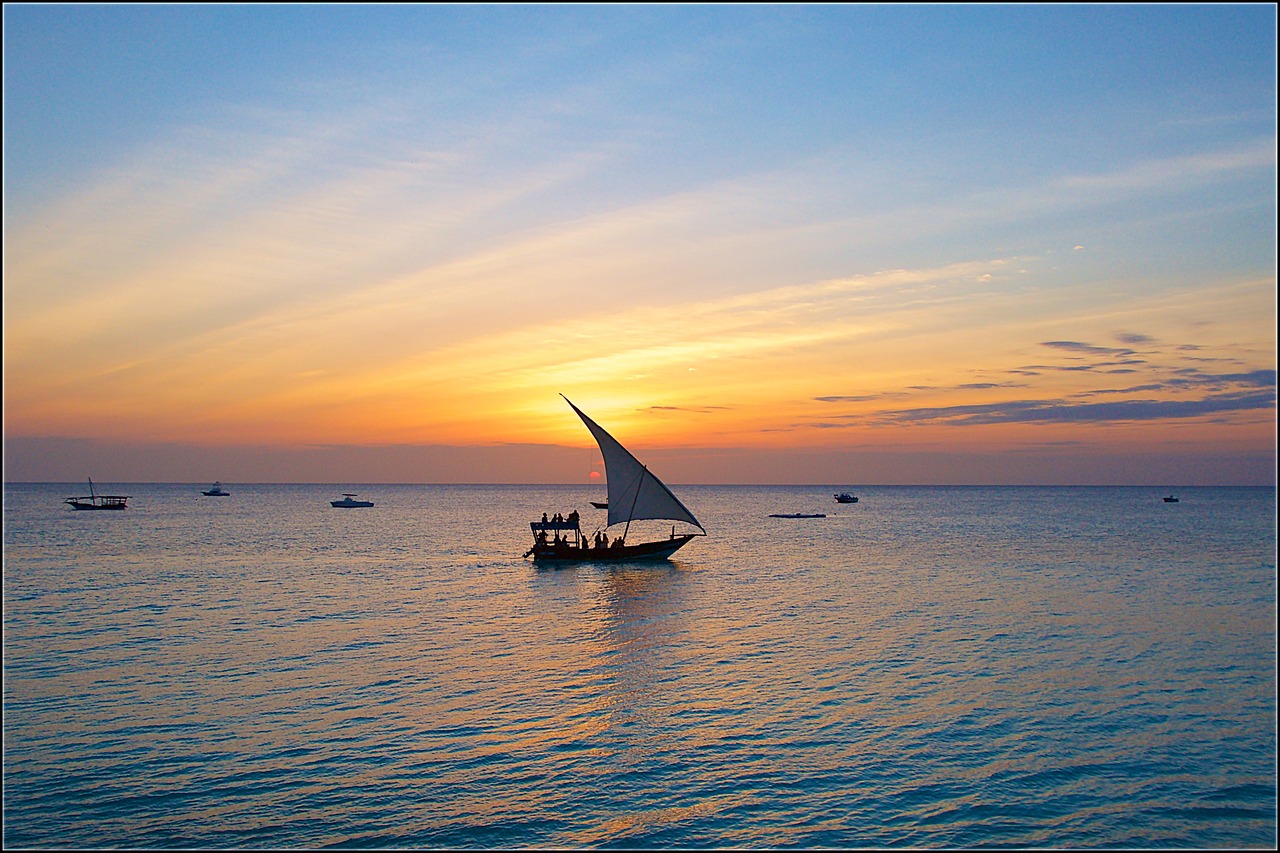Overview
History of the Serengeti
Zanzibar’s history is rich and multicultural, shaped by Arab, Persian, Indian, and African influences. Known as the “Spice Island,” Zanzibar was a major trading hub as early as the 8th century due to its strategic location along Indian Ocean trade routes. Arab and Persian merchants traded spices, ivory, and slaves here, establishing Zanzibar as a sultanate under Omani rule in the 17th century. In 1890, Zanzibar became a British protectorate and gained independence in 1963 before merging with mainland Tanganyika to form Tanzania in 1964. Today, Zanzibar’s historic Stone Town is a UNESCO World Heritage site, reflecting its unique history through architecture, culture, and cuisine.
Africa Spice Island
Best Time to Visit
The best times to visit Zanzibar are during the two main dry seasons:
- June to October: This is the cooler, dry season with pleasant temperatures and ideal conditions for beach and outdoor activities.
- December to February: These are warmer months with less rain, perfect for enjoying Zanzibar’s beaches and snorkeling or diving.
The rainy seasons, especially from March to May, can bring heavy rains and humidity, which may limit some activities but also bring fewer tourists and quieter attractions.
Uniqueness of Zanzibar
Zanzibar is unique for its blend of pristine beaches, diverse marine life, spice farms, and a historic cultural tapestry found in Stone Town, the archipelago’s heart. Its Swahili culture is a mixture of African, Arab, Persian, and Indian elements, reflected in everything from language and architecture to cuisine and traditions. Zanzibar’s spice farms produce cloves, nutmeg, cinnamon, and more, giving visitors a sensory journey through the “Spice Island” experience. The island’s coral reefs and turquoise waters support marine biodiversity, creating a paradise for beachgoers, divers, and snorkelers.



Activities in Zanzibar
- Explore Stone Town: Wandering through the narrow streets of Stone Town offers a glimpse into Zanzibar’s storied past, with landmarks like the House of Wonders, Sultan’s Palace, and the Old Fort.
- Beach Relaxation: Nungwi, Kendwa, and Paje beaches are famous for their crystal-clear waters, powdery sand, and tranquil atmosphere.
- Spice Tours: Visiting spice farms provides a hands-on experience with Zanzibar’s spice production and a chance to sample and learn about various spices.
- Snorkeling and Diving: Mnemba Atoll and Mafia Island Marine Park are popular spots, with vibrant coral reefs, tropical fish, sea turtles, and even whale sharks.
- Jozani Forest Reserve: Home to the endangered Zanzibar red colobus monkey, Jozani Forest is a biodiverse reserve where visitors can also see mangroves and other unique flora and fauna.
- Cultural Village Tours: Engage with local Swahili culture through village tours, learning about traditional crafts, music, and cuisine.
Zanzibar offers a one-of-a-kind travel experience that combines relaxation, adventure, and immersion in a rich cultural landscape amid breathtaking natural beauty.
